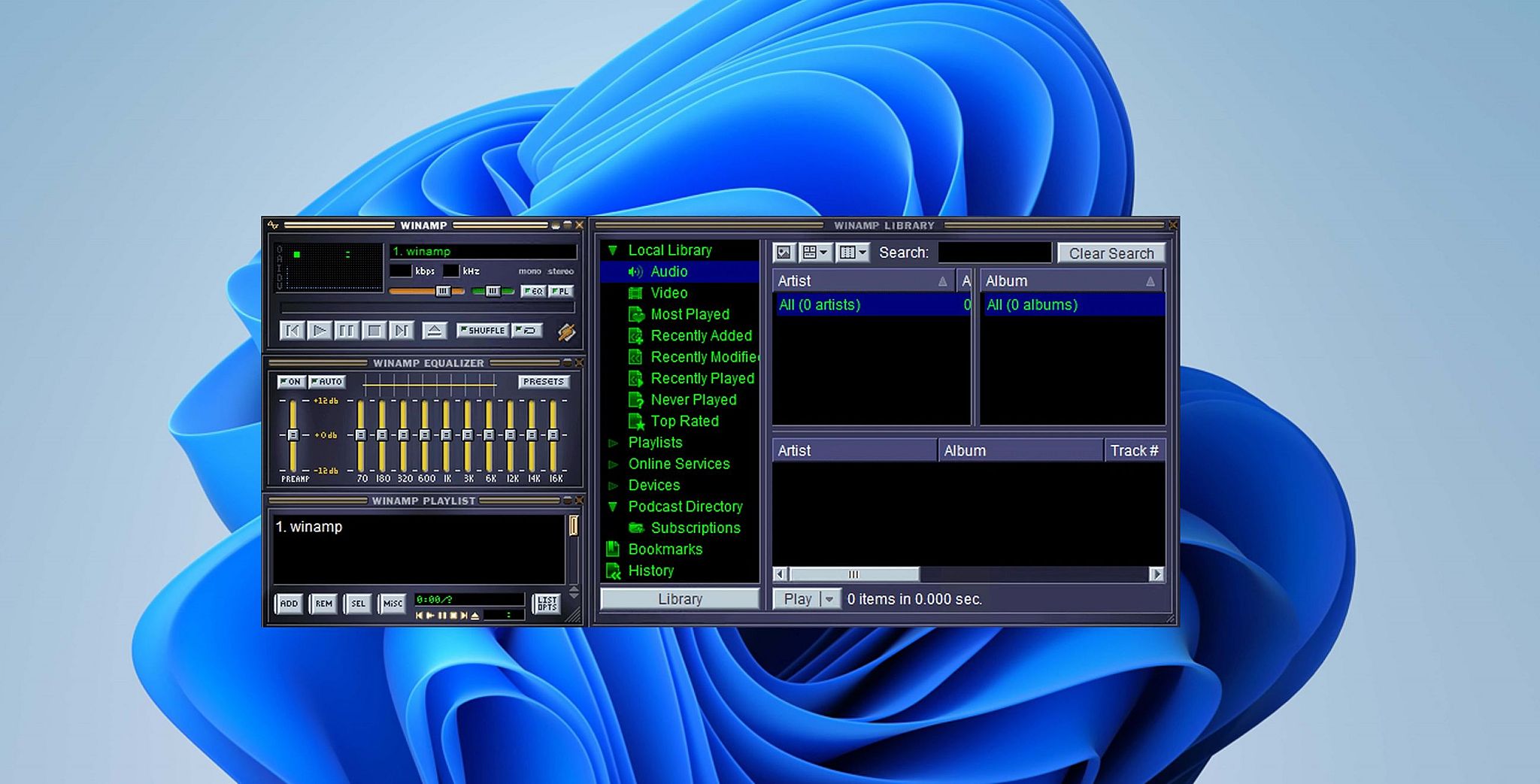In the age of Spotify and Apple Music, fewer people are using Winamp, the popular media player of the 90s, but the fanbase hasn’t completely disappeared, and many people still use the program as a habit to play music. Back in May, the Llama group announced that the source code for the original Winamp desktop player would be available starting in September, and it’s delivering on its promise, albeit not quite in the form one might have expected. The Winamp code is now available on GitHub and can be used with a select version of Visual Studio 2019.
Earlier, in connection with the announcement, it was suggested that by releasing the source code, the classic Winamp could get forks, but it is questionable how the alternatives will cope with the Wacup project (WinAmp Community Update Project). As it turned out: the “open” source code is not completely open either, so you should not expect such major conflicts.
Autumn mix of ghost jobs to harmful boot camps
This time again, we have covered many topics related to IT careers.
Section 5 of the Winamp Collaborative License (WCL) prohibits the distribution of forks and modified versions, Whether in source or binary form, It states that only official maintainers have the right to distribute it. By publishing the code, the company essentially engages outside developers who are eager to do semi-free work, or, if we are looking for a better term, encourages community maintenance. Unfortunately, this means that we will not be seeing improved or “classic” versions of Winamp anytime soon, at least not this one.
Many members of the FOSS community have criticized Llama for its restrictive licensing, as it prevents many of the things developers would normally expect from such releases. So while the Winamp source code is available on GitHub, the application is not fully open source, only allowing anyone to make bug fixes and new features to the popular media player.












































